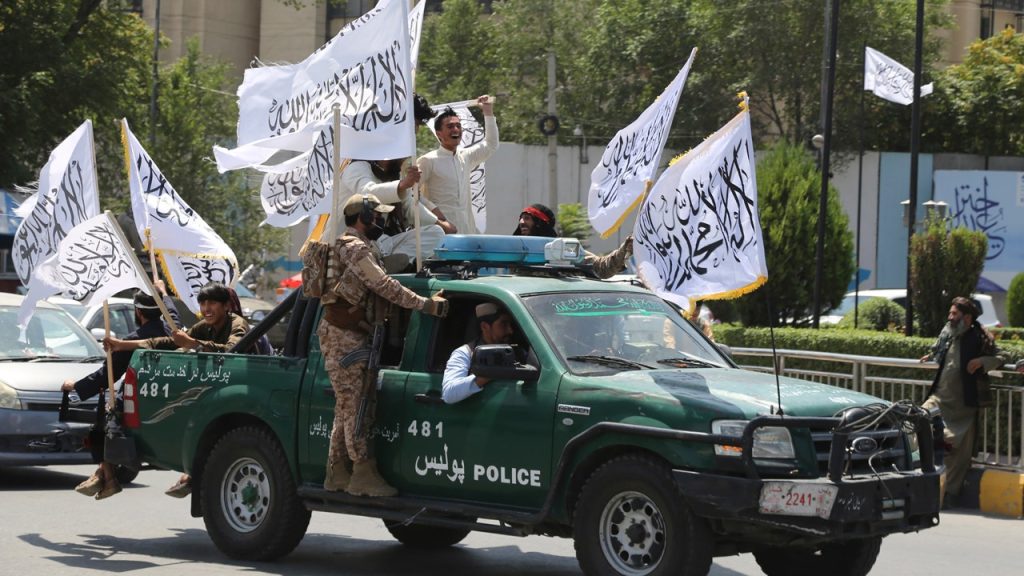Three years after the U.S. withdrawal from Afghanistan and 23 years after the 9/11 terror attacks, Afghanistan is more vulnerable to terrorism than ever before. Afghan National Resistance Front (NRF) leader Ahmad Massoud believes that the threat from Afghanistan has spread beyond U.S. borders, with Europe and Russia also at risk. The U.S. failed to achieve its objective of rooting out terrorists when it hastily withdrew from Afghanistan in August 2021, leaving the country vulnerable to extremist groups. Massoud, whose father was assassinated by al Qaeda days before 9/11, continues to fight against the Taliban despite the odds, emphasizing the bond between Americans and Afghans in the fight for freedom.
The return of the Taliban to power reignited resistance forces in Afghanistan, with Massoud leading the NRF in opposition to the new regime. Promising to continue the fight against the Taliban, Massoud is driven by his love for his people and a desire to see Afghanistan free from oppression. Despite his father’s reluctance for him to walk the same path, Massoud is determined to fight for a democratic Afghanistan. Al Qaeda’s presence in Afghanistan poses a significant threat, with Massoud warning that the group is stronger and more entrenched than ever, operating covertly within the country.
The 2020 Doha Agreement, negotiated under former President Donald Trump, facilitated the U.S. withdrawal from Afghanistan in exchange for assurances from the Taliban to prevent terrorist attacks on U.S. soil. However, reports suggest that al Qaeda maintains close ties with the Taliban and operates training camps within Afghanistan. Massoud expressed skepticism towards the negotiations with the Taliban, believing that the international community had been deceived by the group’s promises of change. The plight of women and the destruction of education under Taliban rule remains a major concern for Massoud.
Despite the lack of external support and the absence of a U.S.-Afghan partnership, Massoud remains committed to fighting terrorism and advocating for the liberation of Afghanistan from the Taliban. He believes that even minimal external support could lead to a significant change in the country, as many Afghans oppose the Taliban regime. Reflecting on the failures of the U.S. and international community in Afghanistan, Massoud highlights the need for a proper strategy and the importance of building stable institutions to prevent the reemergence of extremist groups.
Massoud criticized the early U.S. strategies in Afghanistan, including attempts to create an Afghan army mirroring U.S. forces. He emphasized that the conflicting strategies of counterterrorism and counterinsurgency failed to defeat the Taliban and establish a stable government. While acknowledging the fatigue in the U.S. and the West due to involvement in various conflicts worldwide, Massoud highlighted the missed opportunities and flawed thinking of Afghan leaders in addressing the terrorism threats in the country. Despite the challenges, Massoud remains hopeful for the future of Afghanistan and calls for continued support in the fight against terrorism.
In conclusion, Massoud’s determination to resist the Taliban and fight for a free and democratic Afghanistan highlights the ongoing struggle in the country following the U.S. withdrawal. The threat of terrorism from Afghanistan remains a significant concern, with al Qaeda operating within the country and close ties with the Taliban. The failure of the U.S. and international community to address these threats and support resistance forces like the NRF has left Afghanistan in a precarious position. Massoud’s leadership and commitment to his people’s cause offer hope for a better future, but the challenges ahead are daunting.


